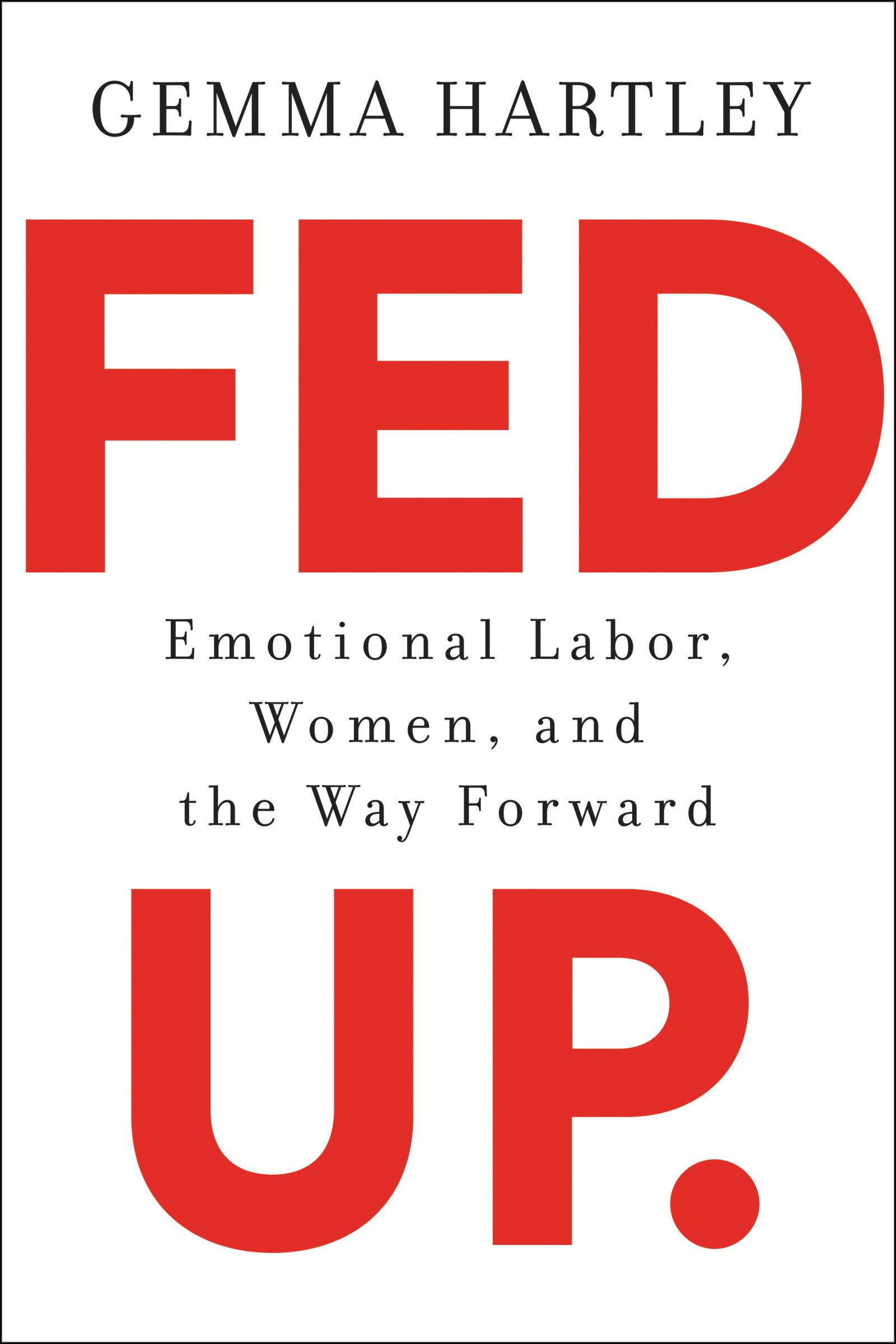The Great Sex Rescue, by Sheila Wray Gregoire
(A Book Review)
About 13 months after she’d gotten married, a close friend confided to me that she and her husband – who were both virgins prior to marriage – had settled into having sex about once a month.
Once a month? After having worked so hard at remaining a virgin during four years of dating? For real?
I was heartbroken for her. A newlywed myself, the thought of once-a-month-only sex sounded downright tragic. (I would of course come to know my own woes, down the line…)
Because I didn’t know what to say, I squeaked out a timid, “Wow,” and changed the subject. Clearly, this wasn’t going to be a topic of our day trip.
But the sadness of her revelation stuck with me, and spurred me to action. Over the course of the next several years, as more and more friends tied the knot, I appointed myself “Giver of The Talk” to the women (as if I were some kind of Masters & Johnson, dear me). All of us were from evangelical Christian backgrounds, most were virgins, and, virgin or not, everybody was nervous about how sex could/would/might/should go. Everybody wanted to get everything right, from wedding night to first baby.
So I sat down each of my friends, a few weeks before her marriage, and laid out all the things I’d wished a friend had told me. What to expect. What not to expect. Tips on attitude and tips on…well, specifics. Recommended books. Things to look forward to. Things to be prepared for. The vital importance of communication. The equally vital importance of holy selfishness.
Thank Godthere were no books on my “recommended” list like the titles that began emerging after I got married.
Thank Godthere was no Every Man’s Battle or Sheet Music or Love & Respect.
Thank God I myself didn’t grow up in a faith community that saw women’s bodies as problems….or sex as a dirty little secret…or men as sex-monsters-in-waiting.
Because if I had, I would be in a lot more need of The Great Sex Rescue. As it is, I’m super grateful that these three women wrote this book, because everywhere I’ve turned in the evangelical community in the past 20 years, I’ve heard distorted messages.
Ms. Gregoire and her co-authors offer a refreshing definition of sex, as they assert God intended it to be: personal, pleasurable (to both parties, and not just when the stars align), pure, prioritized, pressure-free, putting the other first, and passionate. (What is it with Christian teachers being unable to resist alliteration?!)
The authors conducted a survey with 20,000 women over the course of six months, and followed this with focus groups and in-depth interviews. They also read and evaluated the top 10 Christian marriage books that devote significant attention to sex. And, they read and evaluated the top secular marriage books as well.
Their book takes down the distorted, harmful messages that so much Christian literature propagates, one by one, and replaces them with the most affirming, life-giving, refreshing, soul-stirring, compassionate, and tender blessings. It includes lots of data, lots of stories from respondents, and a whole lotta quotes from the Christian books that send the distorted messages (however well-meaning). It also has an interactive section for couples at the end of each chapter, and a few points on how Christian leaders can “reframe” their language to better reflect a holistic Biblical perspective on sex.
The Great Sex Rescue includes a chapter what they call “the orgasm gap,” and insists that women’s sexual pleasure absolutely matters, and not just in name only. Another chapter addresses the message that it’s a wife’s responsibility to keep her husband from looking at porn; the chapter is entitled, powerfully, “Your spouse is not your methadone.”
More than one chapter addressed “duty sex,” the notion that women should have sex even when they don’t much want to (for a whole host of reasons). Spoiler alert: “duty sex” doesn’t have Biblical backing.
Another chapter address the idea that women should stay physically attractive so their husbands don’t cheat. I can’t even get started on that without my blood pressure rising, so….just read the book.
In fact, just read the book. You will not read it and feel stupid, or beyond hope, or insignificant, or pressured. You won’t feel like you have failed and are doomed to forever fail. This is not a book of fear and fear-based rules.
Rather, it’s refreshing. It’s affirming of women and of men. It’s life-giving. You will be told, again and again, that your needs and desires are important, that they matter, deeply, and moreover, that sex can be the great thing our good God intended.
The Great Sex Rescue offers a sweet, tender, passionate, selfless, and utterly beautiful blessing in its teaching on sex. It elevates this intimate gift of marriage to a place that you want to visit, and linger.




